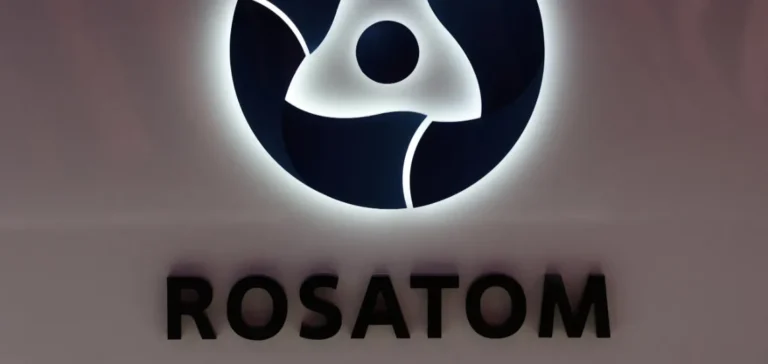Russian state-owned company Rosatom has announced ongoing negotiations to sign new nuclear agreements with India and Turkey, marking an intensification of its strategy to export nuclear technologies. Rosatom Director General Alexey Likhachev specified that the talks include various infrastructure types, including conventional power plants and floating units.
These discussions follow uninterrupted progress at the Akkuyu nuclear plant in Turkey. According to Rosatom, the project benefits from continuous political support, but it is now the prospect of new partnerships that is drawing attention within the sector. Likhachev confirmed that talks are underway to initiate a second project on Turkish territory, without revealing details on location or timeline.
Floating projects and advanced reactors under discussion with India
In parallel, Rosatom has submitted a cooperation proposal to India for the construction of small floating nuclear power plants. This technology, designed to supply isolated or low-density areas, represents a significant innovation focus for the Russian group. Likhachev also mentioned the possibility of Indian participation in energy projects located in northern Russia.
India, which seeks to strengthen its energy independence while diversifying its supply sources, is reviewing these offers as part of its national nuclear policy. The country has been invited to collaborate on fourth-generation technologies, including fast neutron reactors and closed fuel cycles.
Convergence on emerging technologies
Beyond conventional nuclear, Rosatom is exploring cooperation with New Delhi in the field of quantum technologies. Likhachev stated that these discussions fall within the framework of existing multilateral platforms, particularly within the BRICS group, where Russia observes sustained interest from India.
These initiatives reflect Moscow’s ambition to expand its international markets by targeting strategic countries capable of investing in breakthrough technologies. Upcoming announcements may involve multi-year contracts including engineering, training and fuel management.






















